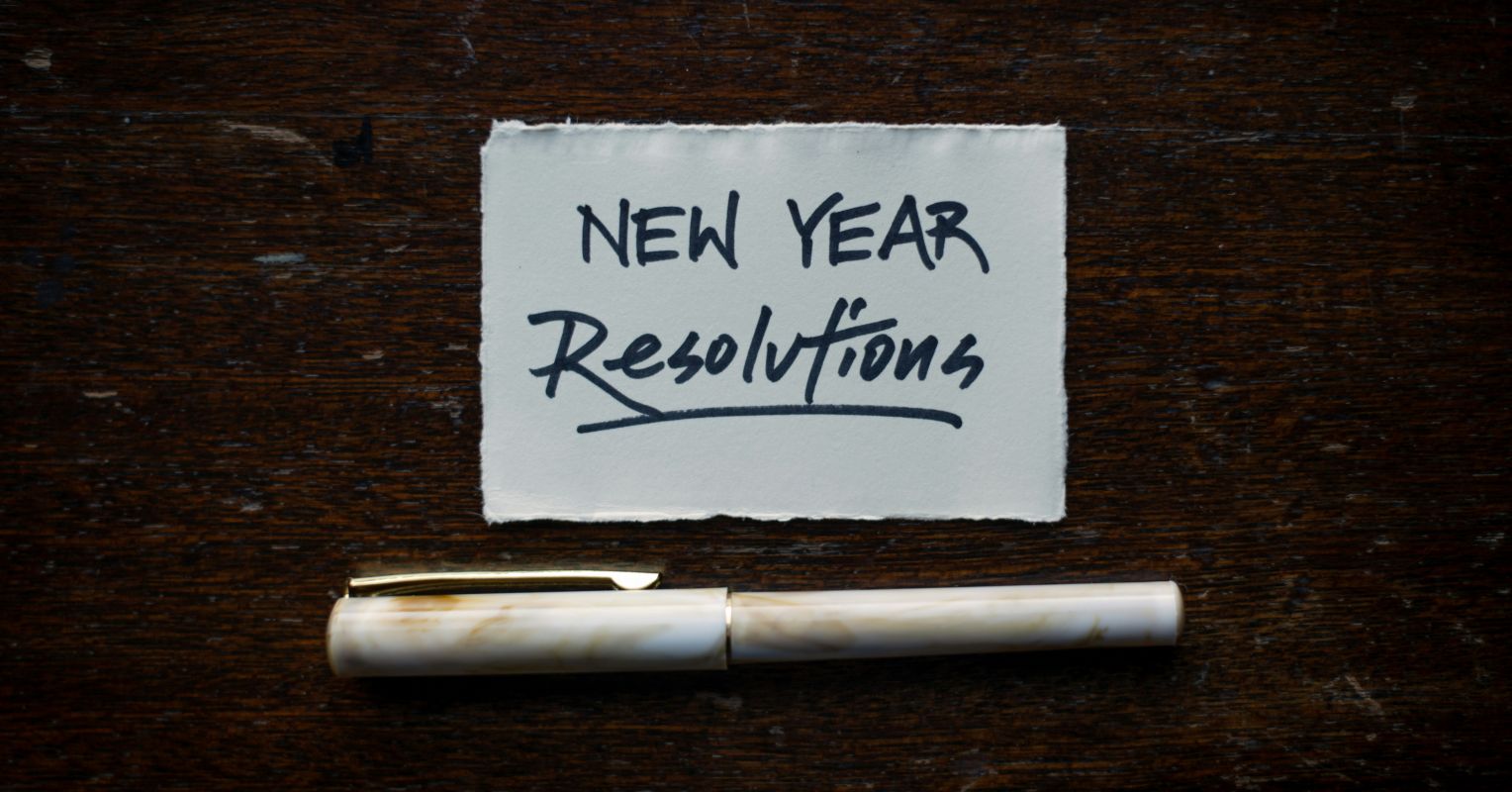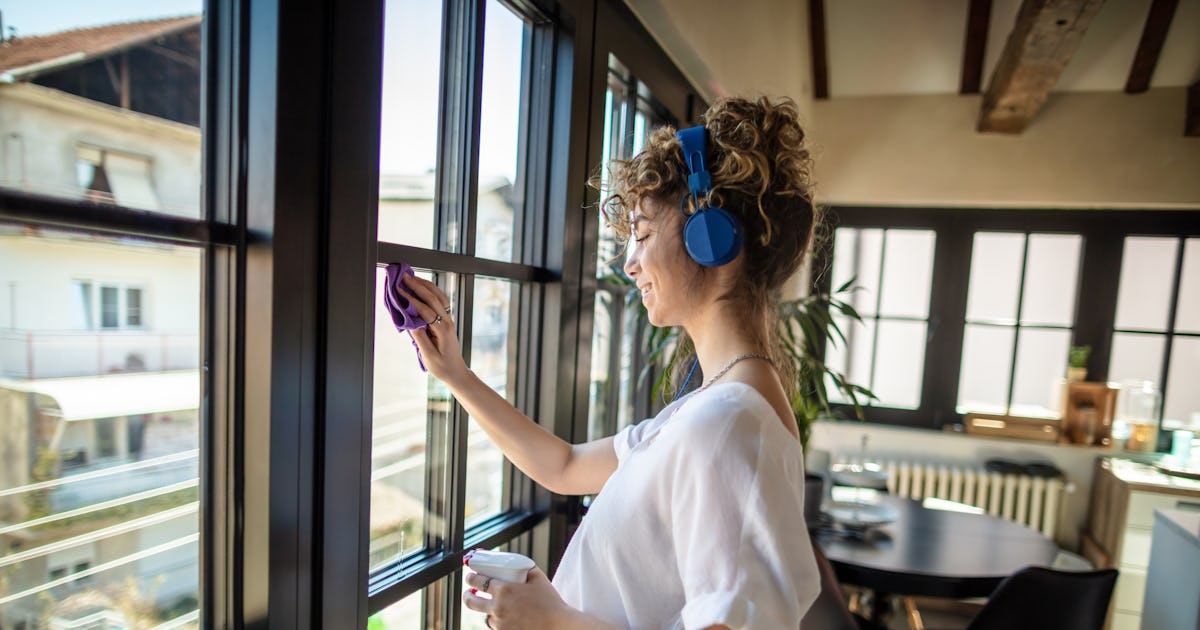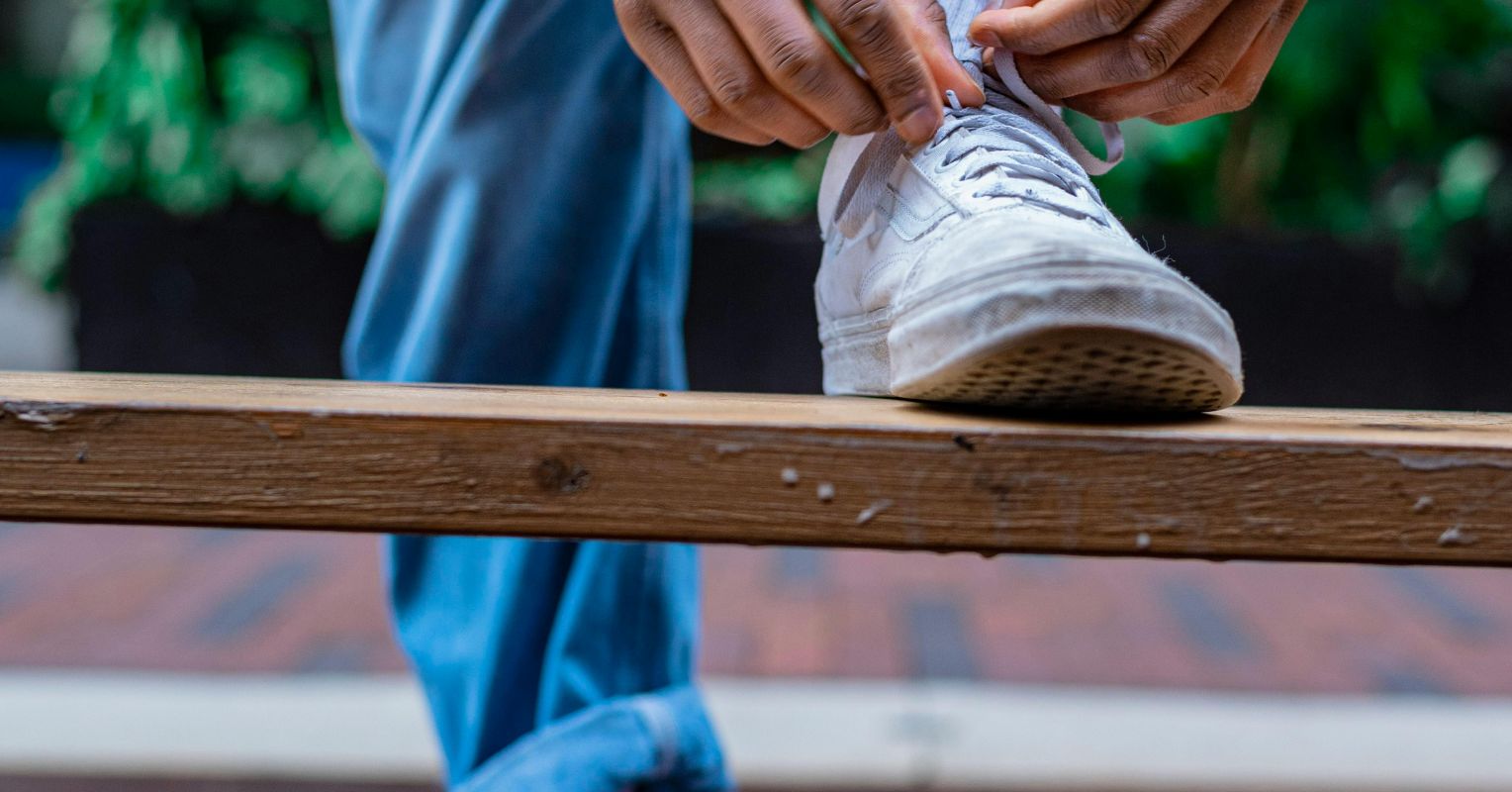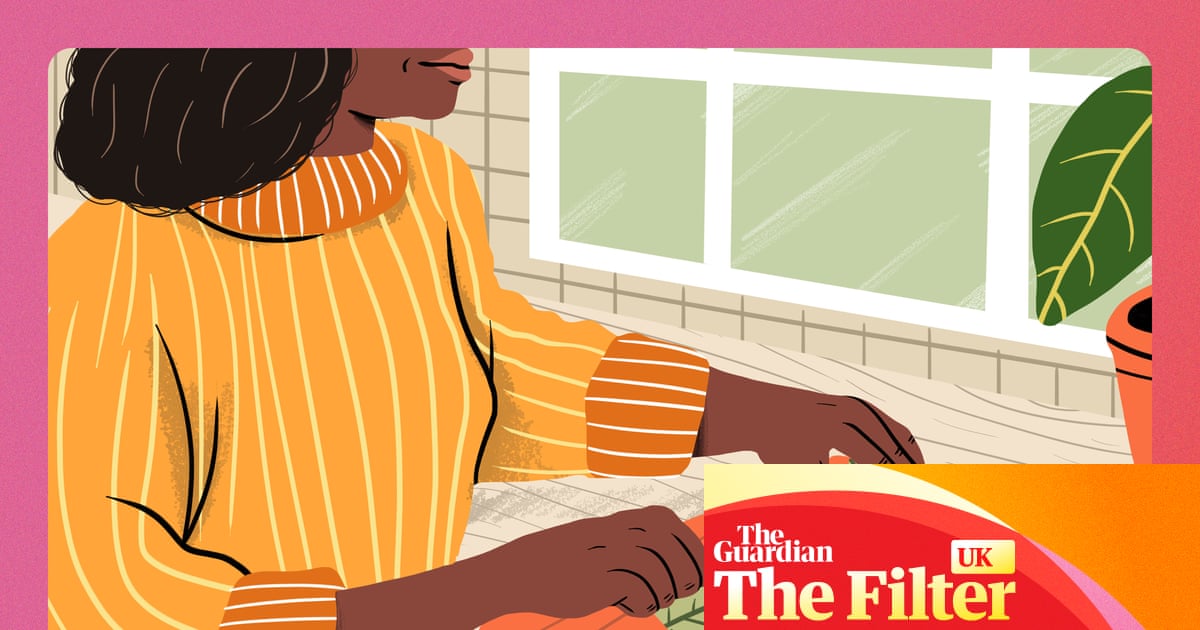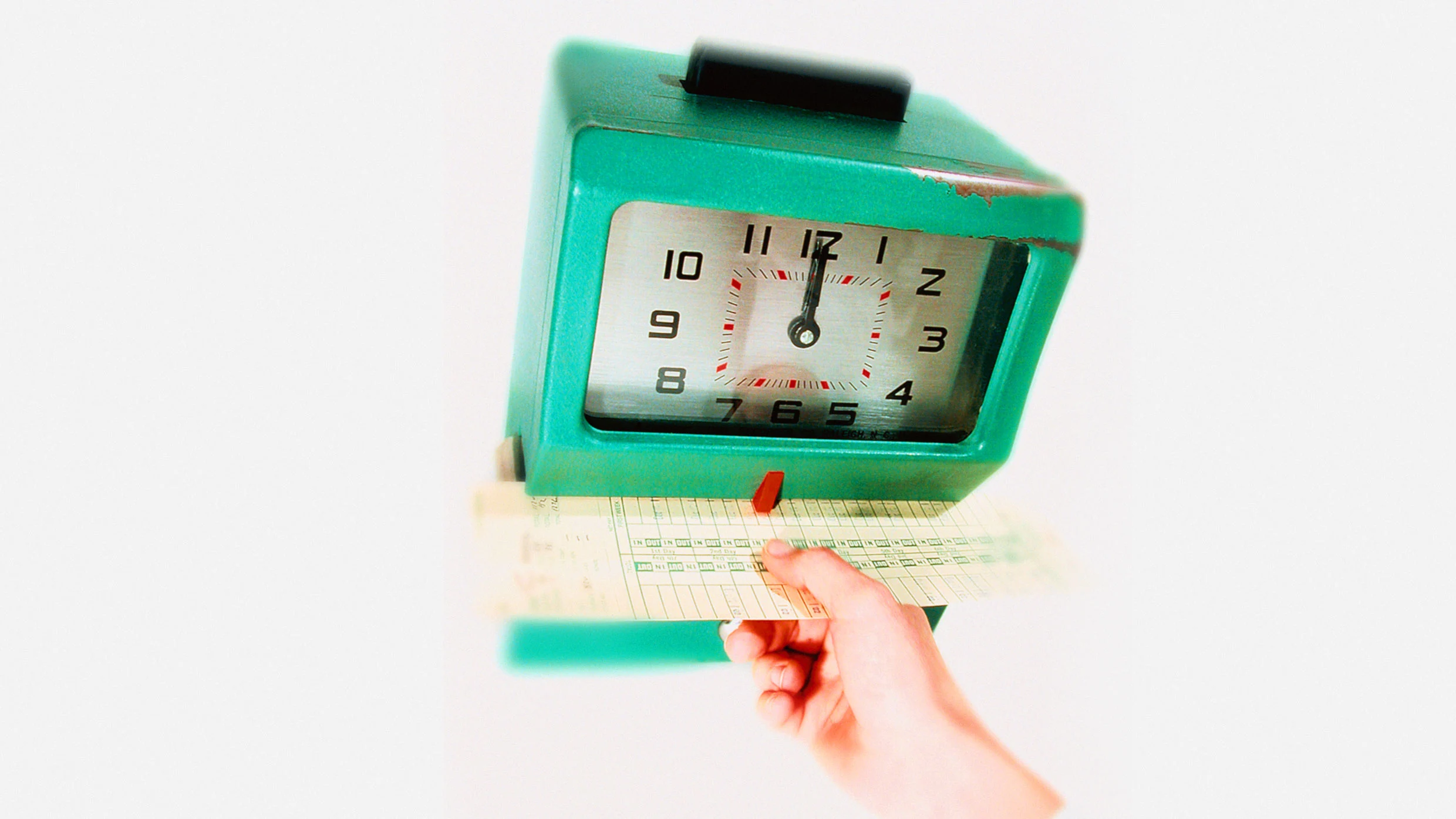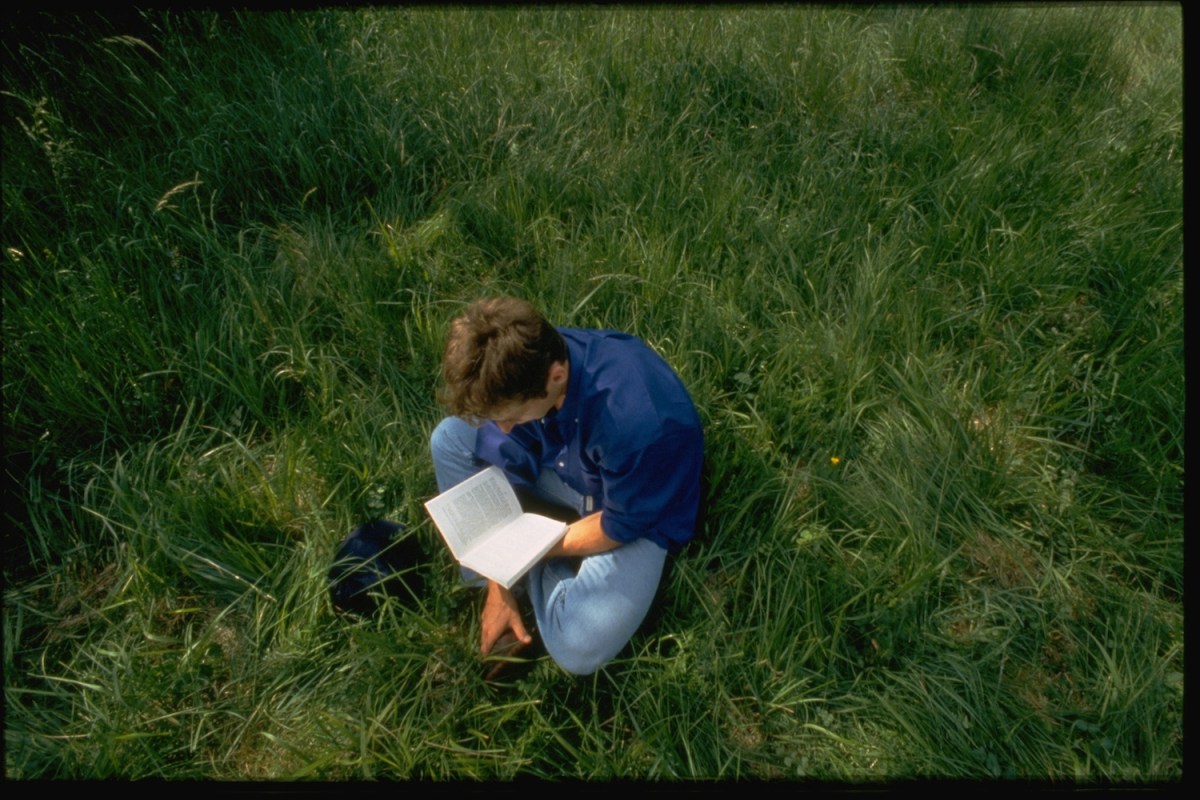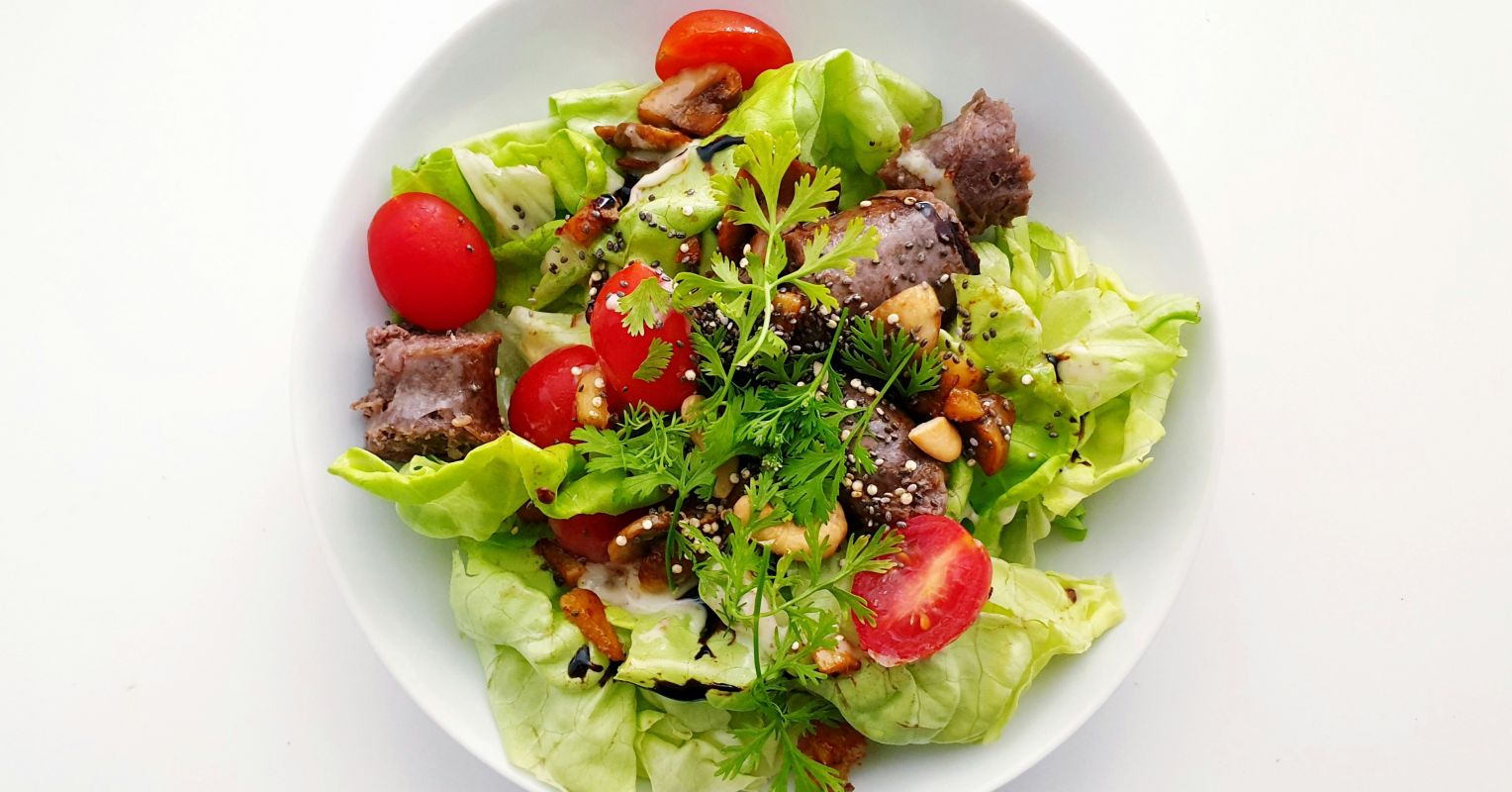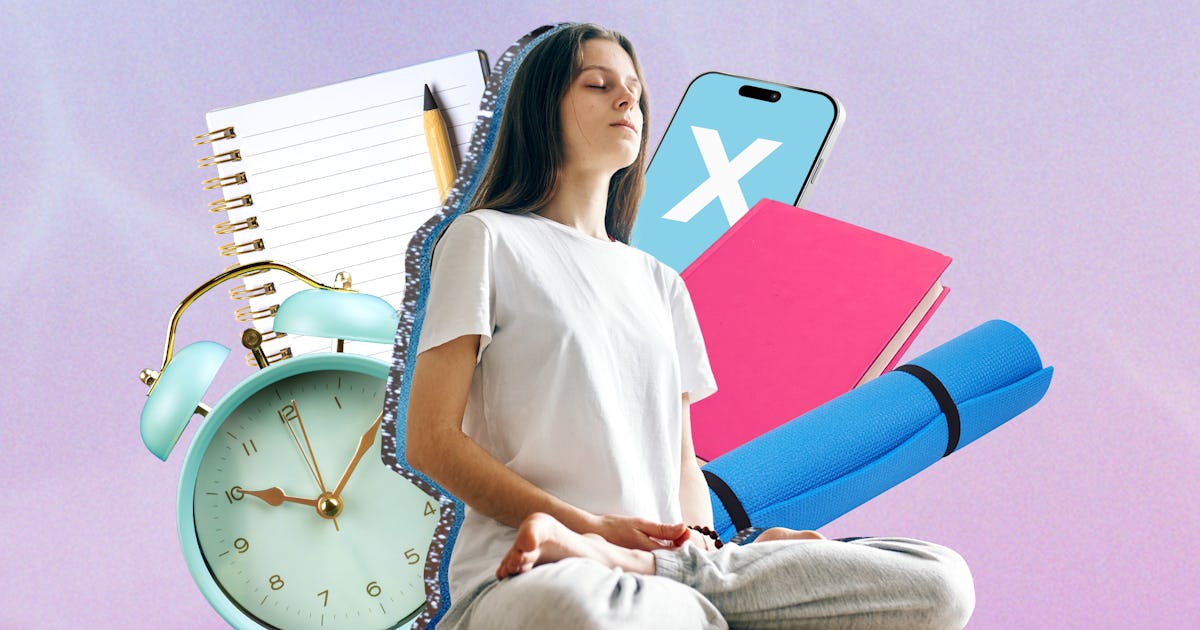#habit-formation
#habit-formation
[ follow ]
#behavior-change #productivity #motivation #consistency #goal-setting #new-years-resolutions #mental-health
Mindfulness
fromSilicon Canals
3 days ago8 small things people who grew up without much money still do as adults no matter how comfortable they are now-and every single one of them is less about frugality and more about a promise they made to the child who went without - Silicon Canals
Childhood scarcity creates lasting, emotionally charged habits—small rituals of vigilance and preparedness—that persist even after financial stability is achieved.
fromBustle
5 days agoA 30-Day "Sprint Month" Can Help You Achieve Big Goals
Think about the ideal version of yourself: the one who reads every day and sticks to a perfect morning routine, and maybe even completes big craft projects or writes novels. When you have lofty goals like these - ones that require a lot of work or a major lifestyle overhaul - they can seem impossibly far away. Locking in with a " sprint month," however, might get you there sooner than you think.
Wellness
fromSilicon Canals
1 week agoPeople who stayed physically active into their 80s share these 7 movement habits they started before it became trendy - Silicon Canals
It got me thinking. While everyone's obsessing over the latest fitness trends and biohacking protocols, these folks have been consistently moving their bodies for decades. No fancy equipment, no Instagram-worthy routines, just simple habits they picked up long before movement became a multibillion-dollar industry. So I started asking around, digging into research, and talking to people who've stayed active well into their golden years. What I found wasn't revolutionary or complicated. It was refreshingly simple.
Exercise
Wellness
fromSilicon Canals
2 weeks agoIf you adopt these 8 habits before you turn 60, you'll maintain your youthful energy for decades - Silicon Canals
Consistent daily movement and deliberate stress recovery preserve mobility, energy, and resilience, enabling healthier aging through small, sustainable habits.
fromSilicon Canals
3 weeks agoHow rich people stay rich: 8 boring decisions that build unstoppable stability - Silicon Canals
The difference between staying wealthy and losing it all isn't about making brilliant investment moves or having insider knowledge. After interviewing over 200 people for my articles, including everyone from startup founders to researchers studying wealth preservation, I've noticed something fascinating: Wealthy people who maintain their wealth make profoundly boring choices that most of us overlook. These aren't the sexy decisions that make headlines. They're the mundane, almost tedious habits that create an unshakeable foundation.
Business
fromSilicon Canals
3 weeks agoThe one grocery store habit that reveals more about childhood than people realize - Silicon Canals
Ever notice how some people at the grocery store meticulously return their cart to the corral, while others abandon it in the parking spot? I started paying attention to this after watching a heated debate unfold on social media about "cart returners" versus "cart leavers." What struck me was how passionately people defended their position, as if this simple act touched something much deeper.
Psychology
fromPsychology Today
4 weeks agoNew Year's Resolutions: How to Make Promises You Can Keep
In fact, some studies show that 88 percent of New Year's resolutions fail in the first two weeks. Partly it's due to a common but largely debunked idea that it takes about 21 to 30 days to form a new habit. So in theory, if you started some new personal improvement commitment on January 1 and you really stuck to it (every day!), by February 1, it might be transformed into a habit.
Mindfulness
Books
fromThe Beer Thrillers - Central PA beer enthusiasts and beer bloggers. Homebrewers, brewery workers, and all around beer lovers.
3 months agoBook Review: Atomic Habits (James Clear) - The Beer Thrillers
Small, consistent system-focused habit changes reliably compound into significant results through identity shifts, habit stacking, and reducing friction.
fromwww.theguardian.com
1 month agoHow to start anything: expert tips for trying something new
Why start reading for fun? Among its numerous benefits, studies have found that reading fiction specifically can make people more empathetic, less stressed and protect cognitive function in later life. Three tips to get started: Figure out what you enjoy by checking out a variety of books from the library, but don't force it. If you're not enjoying a volume, put it down and move on to the next. Start with short books and whichever medium physical books, ebooks or audiobooks works best for you.
Books
Marketing
fromInc
1 month agoWant to Change Someone's Behavior? Understand How the Brain Builds Habits, According to Neuroscience
Consistent brand presence during reward-tied moments forms durable consumer habits through temporal cue-reward associations, often without emotional or creative storytelling.
fromEngadget
1 month agoThe best gear to help you stick to your New Year's resolutions
Engadget has been testing and reviewing consumer tech since 2004. Our stories may include affiliate links; if you buy something through a link, we may earn a commission. Read more about how we evaluate products. If you want to get active, organized or more fit in the new year, it never hurts to have the right equipment to help you stay focused.
Gadgets
fromPsychology Today
2 months agoWhy New Year's Resolutions Fail: The Missing Fourth Element
Every January, millions of people make resolutions. By February, most have abandoned them. The failure rate, depending on which study you cite, hovers around 80 percent. We know this. We've lived it. Yet each year we return to the same strategies: be more specific, start smaller, find an accountability partner, track your progress. These aren't bad suggestions. But they miss something fundamental about how psychological change actually works.
Philosophy
fromPsychology Today
2 months agoNew Year, New You?
Despite spending the last 15 years studying behavior change, personality development, and developing evidence-based treatments, I still feel the pull. Why? Because wouldn't it be wonderful if meaningful change were quick and easy? The idea that a single insight, habit, or system could instantly transform how we think, feel, and behave is deeply appealing, especially when we're tired and overextended (which, of course, we are as the holidays come to a close).
Mindfulness
fromAbove the Law
2 months agoThe Missing Piece In Agentic AI: Shape The Habits That Power Real Adoption - Above the Law
The question isn't whether agentic AI will change legal work. It's whether firms will change how they adopt technology. Successful adoption requires both well-designed technology and robust people-centered strategies. You can't technology your way out of habit formation challenges, and you can't adoption-strategy your way out of poorly designed tools. Most organizations are investing heavily in one while underinvesting in the other.
Artificial intelligence
Digital life
fromwww.theguardian.com
2 months agoThe one change that worked: sharing accountability' notes has made life better for both of us
Daily morning voice-note accountability, spoken in the past tense to a friend, increases follow-through, focus, and habit formation better than traditional to-do lists.
fromPsychology Today
2 months agoHow to Step Into the Life You Want Today
Around the same time, he was turning 40, so I called to wish him a happy birthday. While we were catching up, he mentioned that he'd been eating healthier and working out consistently. Then he said something that surprised me: "I had a salad for lunch today." My brother has hunted since he was a teenager. Salad was never exactly his go-to meal.
Mental health
fromBuzzFeed
2 months agoExperts Say These 19 Daily Habits Are Silently Sabotaging Your Health
My favorite take on this perspective: Anything worth doing is worth half assing. Trying and failing at something, doing the bare minimum, or getting less done than you wanted to will almost never leave you in a worse position than if you didn't do it at all. For the sake of clarity, this does not apply to anything where half assing it will likely injure yourself or someone else. Don't half ass electrical work, good lifting form, raising children, or hostage negotiations.
Wellness
fromBusiness Insider
3 months agoI could never wake up early - then a simple habit helped me become a morning person
Since I was little, I would repeatedly snooze my alarm clock each morning until I had to get up. The evidence on whether this makes you feel more tired is mixed, but I would get stuck in a state of sleep inertia, prolonging the period of confusion and sleepiness when you first wake up. It left me feeling anxious, and I would struggle to focus all day.
Wellness
Health
fromIndependent
4 months agoMeet Ireland's 75-year-old walking expert: 'I do an average of 42,000 steps a day. Last Christmas Day I walked the distance of a marathon'
Vinod Bajaj's daily dedicated walking for more than 3,300 consecutive days transformed his health and life after he began at age 66.
fromUX Magazine
4 months agoThe Psychology of Hot Streak Game Design: How to Keep Players Coming Back Every Day Without Shame
In 2023, Duolingo generated over $500 million in revenue with a deceptively simple feature at its core: a streak counter. This wasn't just any counter - it was the result of over 600 experiments conducted across four years, each one peeling back layers of human psychology to understand what truly motivates daily engagement. The numbers tell a compelling story: users who reach just a 7-day streak are 3.6 times more likely to complete their language course,
Growth hacking
fromwww.theguardian.com
4 months agoGoing to the gym was too much effort, until I moved into one
After a couple of months travelling where I didn't hold back on alcohol and carbs, I decided on radical action to get over my gym-phobia. I flew from France to Thailand, where I moved into a four-storey gym adjoined by 17 hotel rooms. I lived there for a week, taking as many classes, ice baths, saunas and scoops of protein powder as I could handle.
Exercise
fromPsychology Today
4 months agoWhy It's So Hard to Take a Break-Even When We Know We Should
This problem is urgent because I have seen too many colleagues and friends suffer serious health consequences in the name of productivity. A new research study in the UK and Australia reports that our behaviors are driven by habits and not conscious intention 65% of the time. We all understand that sustaining peak performance over time requires regular maintenance rests, but forming new habits and disrupting old habits will require intentionality, artistic vision, and a combination of diverse tools.
Mindfulness
fromPsychology Today
5 months agoCan Good Vibes Actually Rewire Your Brain?
You've seen it on T-shirts, Instagram captions, and coffee mugs: "Good vibes only." But is it just a trendy phrase or is there real science behind the power of positive thinking? As it turns out, there is. Neuroscience shows what many of us instinctively feel: staying optimistic, practicing gratitude, and spreading kindness can do more than just lift your mood. They can actually change how your brain works, and even influence your long-term health. Let's take a closer look at how positivity affects the brain, and how you can train your mind to be more resilient, optimistic, and happier.
Mindfulness
[ Load more ]


